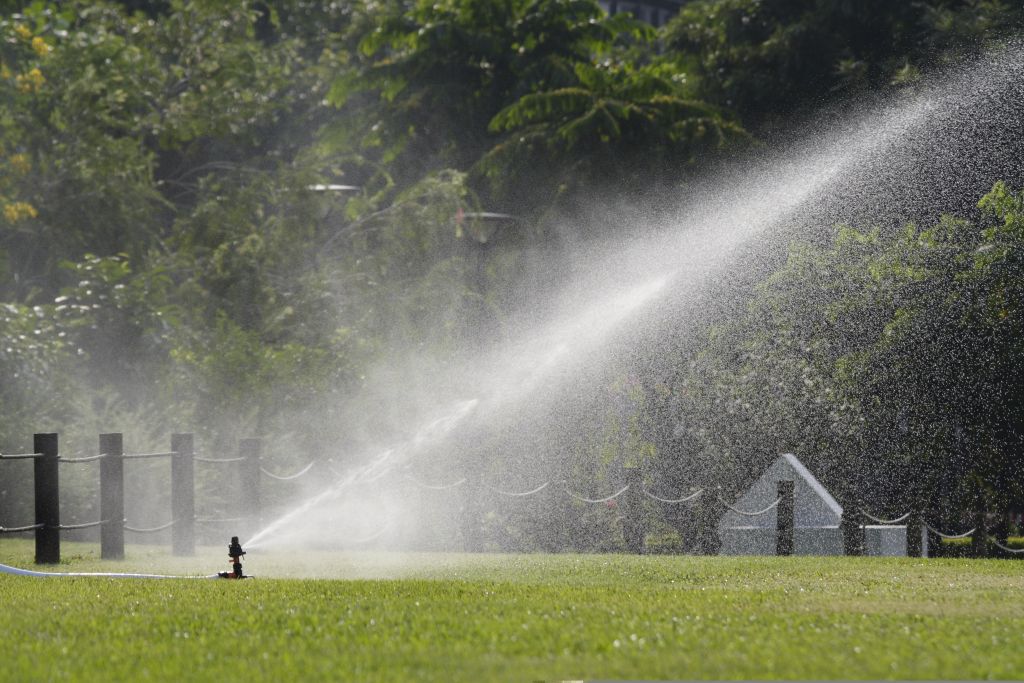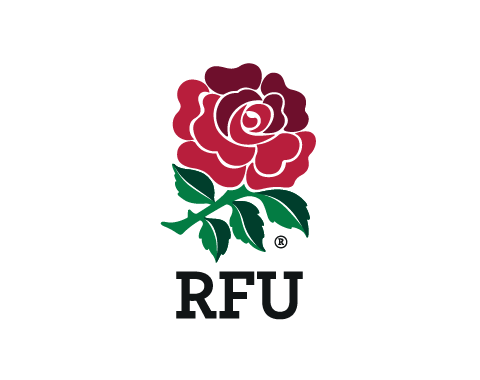
June marks a busy time for ground staff, with the cricket season in full swing and winter sports pitches requiring essential post-spring attention.
This month’s tips focus on fine-tuning your routines whether that’s preparing a pitch for play, protecting surfaces from summer heat or tackling the wear and tear left by heavy use.
Here are ten essential tasks to focus on this month:
- PREPARING THE CRICKET GROUND
Continue to get your ground ready for play for each game. When preparing the ground there are a number of actions that need to take place to make the ground suitable and safe for play:
The aim – a well presented, safe and compliant ground ready for play, setting and marking the boundary, fielding restriction circle, sight screens, ball stop netting and making sure your ground is safe for play. A detailed plan can be found here. - CRICKET SQUARE MAINTENANCE
Continue the maintenance of the cricket square for each game, which includes, mowing the square, verticutting the square, irrigating the square, fertiliser application, managing weeds, pests and diseases. A detailed plan can be found here. - PITCH PREPARATION
Continue your pitch preparation, a typical programme of works for cricket pitch preparation is as follows: Phase 1: Initial Phase: Define your pitch and provide the initial cut. Thin the sward and undertake any minor repairs to levels. Make sure that there is sufficient moisture at depth. Phase 2: Conditioning Phase: Rolling. Grooming the grass. Mowing. Controlling moisture. Phase 3: Finishing Phase: Final Cut. Marking out. Installing the stumps. A detailed plan can be found here. - COVERING THE SQUARE
Rain delays in cricket are common in the UK and not playing in the rain is an accepted part of the game. But delays to play because the pitch is wet even though it is not actually raining are frustrating for all involved. This can reduce these delays by using covers to stop water getting on the pitch and other sensitive areas that are slow to dry out once the rain has stopped. A detailed plan can be found here. - MAINTAINING YOUR OUTFIELD
Continue maintaining your outfield in preparation of each game, the key tasks through the season include mowing, repairing damage, fertiliser application, weed, pest and disease management, de-compacting and smoothing the outfield surface, renovating the outfield and drainage maintenance. A detailed plan can be found here. - IRRIGATION
Why do cricket squares and pitches need to be watered? Cricket is a summer sport and irrigation is essential for the preparation of safe cricket pitches. One of the key characteristics of safe cricket pitches is that they have reasonably predictable ball bounce. This requires that they are smooth, that they have uniform hardness and a uniform density of grass cover. A detailed plan can be found here. - RENOVATION/REPAIRS
Repair any worn areas on your playing surface. After a long pre season, followed by an extremely dry spring, worn areas across the pitch may have failed to recover. Overseeding followed by a light top dressing may be required in areas of significant damage. - MOWING
During times of extreme weather and/or drought, the frequency of cut may be reduced in order to prevent unnecessary stress and surface wear. the height of cut may also be raised to increase surface drought tolerance and reduce surface firmness. (provide a cushion during play) - FERTILISER AND PEST CONTROL
Apply fertiliser which is needed to replace the nutrients removed in the clippings when your playing surface is cut, loss through leeching from the soil and volatilisation to the air. The grass plant needs the nutrients to grow and develop, to resist and recover from wear and to prevent disease. This should be carried out in conjunction with irrigation or rainfall. - SURFACE GROOMING
Surface grooming It will stand back up any grass lying flat due to matches or training and remove any loose material. The correct time to introduce surface grooming is when you begin increasing cut frequency in line with growth, and predicted precipitation. - RENOVATIONS
Carefully consider the current weather conditions before carrying out end-of-season renovations. If overseeding, irrigation may be required due to the lack of rainfall we are experiencing. Consider waiting until the weather breaks or until before the start of the new season where conditions may be more preferential for this task and selective herbicide applications.
Online Training
Upskill your knowledge with a GMA online training course. Our flexible, accessible courses cover a range of essential topics in grounds management. Learn at your own pace, from anywhere, with expert-led content designed to support your professional growth. Join a growing number of grounds professionals investing in their development. Explore GMA training today.
For More Expert Advice
Need more guidance on pitch care? Visit the GMA Toolkit for detailed resources and tips tailored to your needs: thegma.org.uk/toolkit.
Why Not Become a GMA Member?
As a GMA member, you gain access to invaluable resources to support your grounds maintenance schedule. One standout benefit is our Ask the Expert service, offering one-to-one expert advice tailored to your specific challenges and goals. Membership also unlocks a wealth of additional perks, including discounted rates on training courses and events, exclusive access to the brand-new Member Assistance Programme, and discounts from high street retailers!
Find out more about membership.














